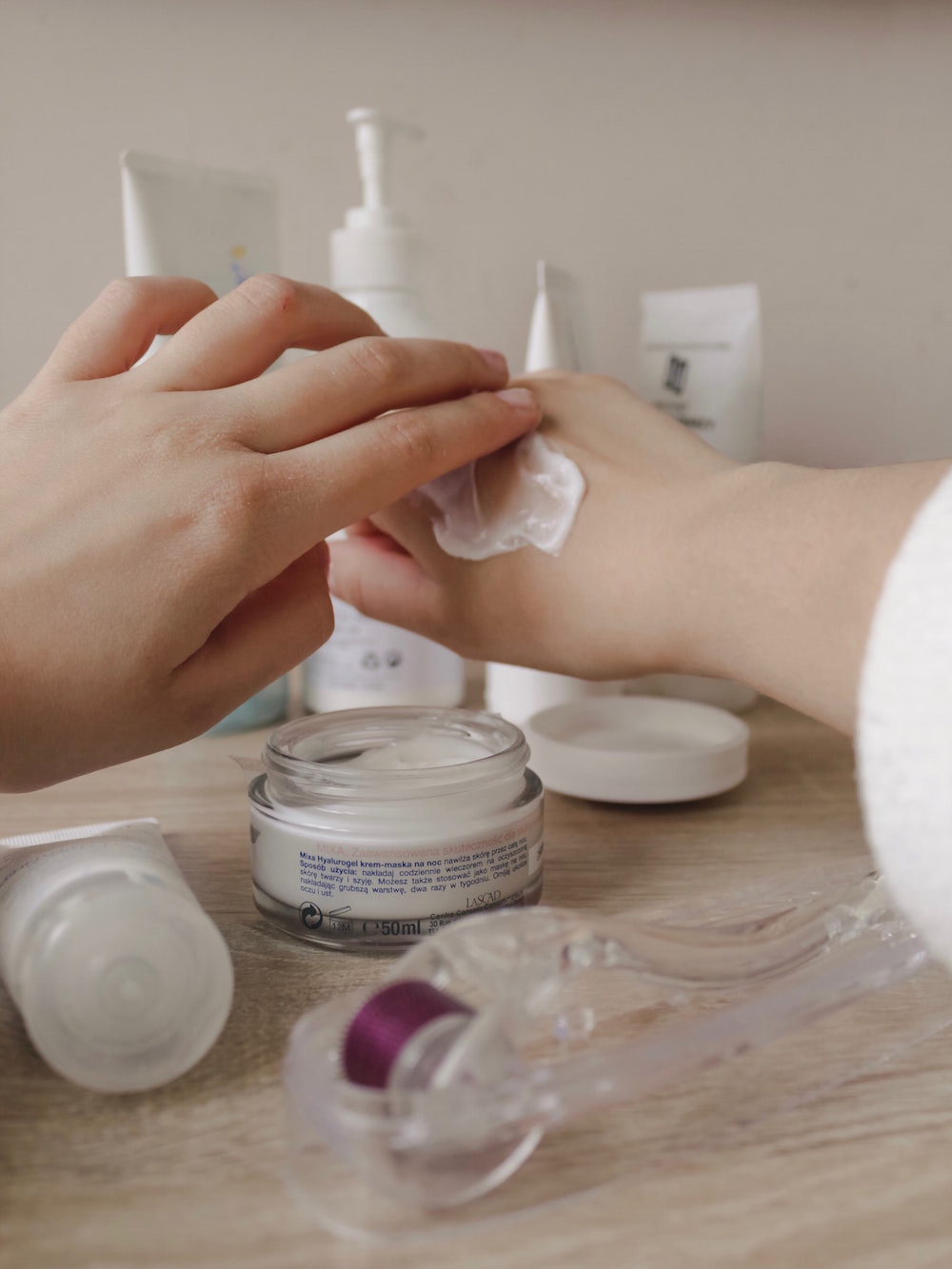Top Care Tips for Sensitive Skin
There are many challenging aspects that come with having sensitive skin. One of the worst side effects people with sensitive skin have to deal with is unpredictable bad reactions. The thing about unpredictable reactions is that they are out of your control, which can be stressful and frustrating. To make matters worse and more complicated, the term sensitive skin tends to be overused. Someone may have sensitive skin because they keep using a product that irritates them, not due to irritant dermatitis, an allergic reaction or a skin condition like eczema or psoriasis. If you have sensitive skin due to one of the above and you want life to be a little bit easier, then here are top care tips for sensitive skin to help you achieve that.

Use Fewer Products
Reducing the number of skin products that you use and making sure that the products you do use have few ingredients is the first step to improving your skin’s sensitivity. When a product contains a small number of ingredients, the chances of you reacting to something that doesn’t work for your skin decreases. For example, if you use 100% pure squalane oil on your skin, it restores the skin’s moisture barrier and refines texture.
Don’t Over-Wash
Your skin does a good job of naturally staying clean. Our skin has a protective barrier made from proteins and lipids. This helps to keep your skin healthy and fresh. Over-washing and over-exfoliating your skin using cleansers and exfoliating products remove your skin’s protective barrier, which can increase its sensitivity in return. Instead of using loads of products to wash your skin, go for a gentle, fragrance-free cleanser or water instead. You should only exfoliate once or twice a week.
Test New Products
We are all aware of a patch-test when it comes to dying hair or using products that cover the majority of our skin. If you have sensitive skin, then you should test new products on the inside of your arm to see whether it causes a reaction. These kinds of tests can be done at home, but to avoid purchasing a new product and wasting it if it doesn’t work for you, you could speak to your dermatologist. They will be able to figure out if there are any ingredients in the product that you may react to.
Identify Your Triggers
One of the best ways to manage sensitive skin, especially if you experience unpredictable reactions on a regular basis, is to identify your triggers and to read the list of ingredients on the desired product. If you carry out a patch-test on a regular basis and you don’t get along with the product, then you should make a list of ingredients and see if any of them pop up when you have a different bad reaction. Most irritants come in the form of dyes, preservatives, and fragrances, so watch out for them.
Rest Irritated Skin
Unfortunately, even if you are careful and test the products beforehand, sometimes your skin can just react negatively to it in larger amounts. If you have a bad reaction to a product and your skin feels irritated, then you should rest it and take a number of steps back. You can do so by cutting down your products to just one a day for a week (minimum). If you don’t know what product triggered your skin’s reaction, then cutting back can help you to identify the irritant while giving your skin a break.
Living with sensitive skin can be a pain, but fortunately, there are many things you can do to manage triggers and outbreaks. Changing your skin routine and thoroughly researching any new products is the most effective.








